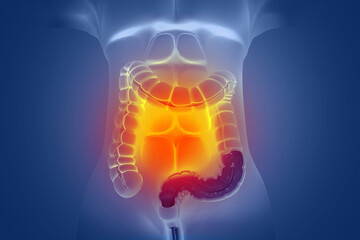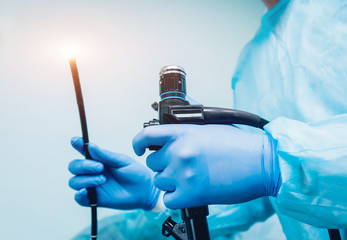No Products in the Cart

If you are an individual approaching the age of 50, a health professional has likely recommended you schedule a colonoscopy.
To prepare for a colonoscopy procedure, the entire bowel has to be cleansed in order for the most accurate results and prevent re-testing. Many individuals find this part to be the hardest in the entire colonoscopy procedure. Solid foods should be avoided a day or two before and patients should start taking laxative pills. Be sure those laptops are charged when you’re confined to the bathroom and can finally binge watch episodes of your favorite show.
During a colonoscopy procedure, the individual will feel no pain as they are completely sedated through an IV. The whole process is painless and you won’t feel a thing. A GI specialist looks to the end of the large intestine and back for anything abnormal. The process takes about 20 minutes to an hour. If you are healthy enough and have no bowel problems, the procedure should be over quickly and easy. When the colonoscopy is complete, the patient is taken into the recovery area while the sedation wears off and the results of the colonoscopy are discussed to the patient.
